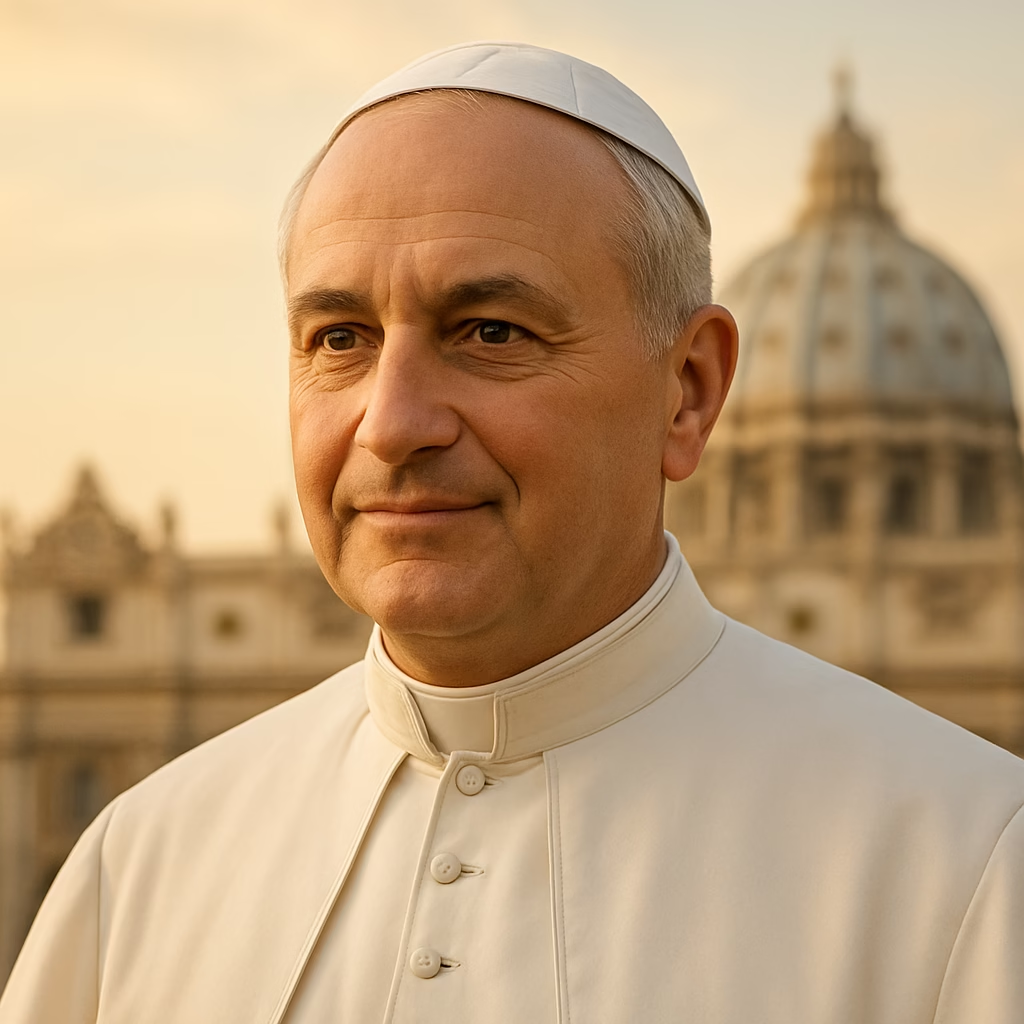Love is one of the most powerful forces in human experience. It inspires art, drives sacrifice, forges deep bonds, and sometimes breaks hearts. But despite its central role in our lives, love is also one of the most misunderstood and complex concepts. So, what is love, really? Is it an emotion, a decision, a chemical reaction, or something more?
In this article, we explore the true meaning of love from emotional, psychological, and philosophical perspectives.
The Emotional Dimension of Love
At its core, love is an intense feeling of deep affection. It can emerge suddenly, as in love at first sight, or develop gradually over time. Emotionally, love includes warmth, care, empathy, and a sense of connection. Whether it’s romantic, familial, platonic, or self-love, the emotional core of love is what binds people together.
However, love isn’t always pleasant. It also involves vulnerability, emotional risk, and sometimes pain, because to love is to open your heart.
The Psychological View of Love
Psychologists have studied love for decades. One of the most famous theories is Robert Sternberg’s Triangular Theory of Love, which breaks love down into three components:
Intimacy – emotional closeness and connectedness
Passion – physical attraction and romantic desire
Commitment – the decision to maintain the relationship over time
According to Sternberg, different combinations of these elements produce different types of love, like infatuation (passion only), friendship (intimacy only), or consummate love (all three).
Love also has measurable effects on the brain. It releases chemicals like dopamine, oxytocin, and serotonin, boosting mood, attachment, and even pain tolerance.
Philosophical and Spiritual Perspectives
Philosophers have long debated love’s deeper meaning. Plato spoke of love as a longing for beauty and truth. In “The Symposium“, he describes love as a path toward the divine, starting from physical attraction and rising to a love of wisdom and the eternal.
In Christianity, agape (unconditional love) is seen as the highest form of love, selfless, sacrificial, and eternal. Many religions share this ideal, portraying love as a divine quality that transcends self-interest.
From a spiritual lens, love is not just a feeling but a way of being, an orientation toward compassion, service, and unity.
Love and Religion: A Sacred Bond
Across the world’s major religions, love is often seen not only as a human emotion but as a divine principle. In Christianity, love is the very nature of God, “God is love” (1 John 4:8). The command to “love your neighbor as yourself” is central to the teachings of Jesus, emphasizing compassion, forgiveness, and selflessness.
In Islam, love for Allah and love for fellow human beings are deeply connected. The Prophet Muhammad taught that “None of you truly believes until he loves for his brother what he loves for himself.” This reinforces the spiritual value of empathy and unity.
Hinduism and Buddhism speak of love in the form of karuna (compassion) and bhakti (devotional love). In these traditions, love becomes a path to enlightenment, a way of transcending ego and realizing oneness with all life.
Religion transforms love from mere emotion into moral action and spiritual devotion. It elevates love to something sacred, an expression of our highest selves and our deepest connection to the divine.
Different Types of Love
Love is not a one-size-fits-all concept. It exists in various forms:
Romantic love – passion and emotional intimacy between partners
Familial love – bonds between parents, children, and relatives
Platonic love – deep friendships without romantic attraction
Self-love – respect and care for oneself
Unconditional love – love given freely, without conditions
Recognizing these distinctions helps us navigate relationships with more clarity and compassion.
Love as a Choice and Action
Love is not just something we feel, it’s also something we do. Acts of love include listening, supporting, forgiving, and showing up when it’s hard. True love often means making conscious choices to prioritize someone else’s well-being, even when emotions fluctuate.
In this sense, love is both a noun and a verb, it’s something you have, and something you give.
Why Love Matters
Research shows that love is essential to human well-being. It boosts mental health, reduces stress, increases longevity, and gives life meaning. Love fuels connection, belonging, and personal growth. Without love, even success and wealth can feel empty.
As the Beatles sang, “All you need is love.” While that might be an oversimplification, it captures a profound truth: love is at the heart of what it means to be human.
So, what is love? It’s a complex interplay of emotion, decision, biology, and spirit. It’s joy and pain, risk and reward. But above all, love is what makes life worth living. Whether you’re searching for love, healing from it, or learning how to give it more fully, understanding its true nature can transform your relationships and your life.






